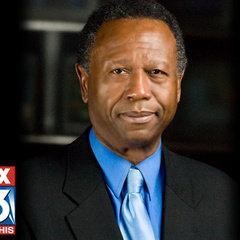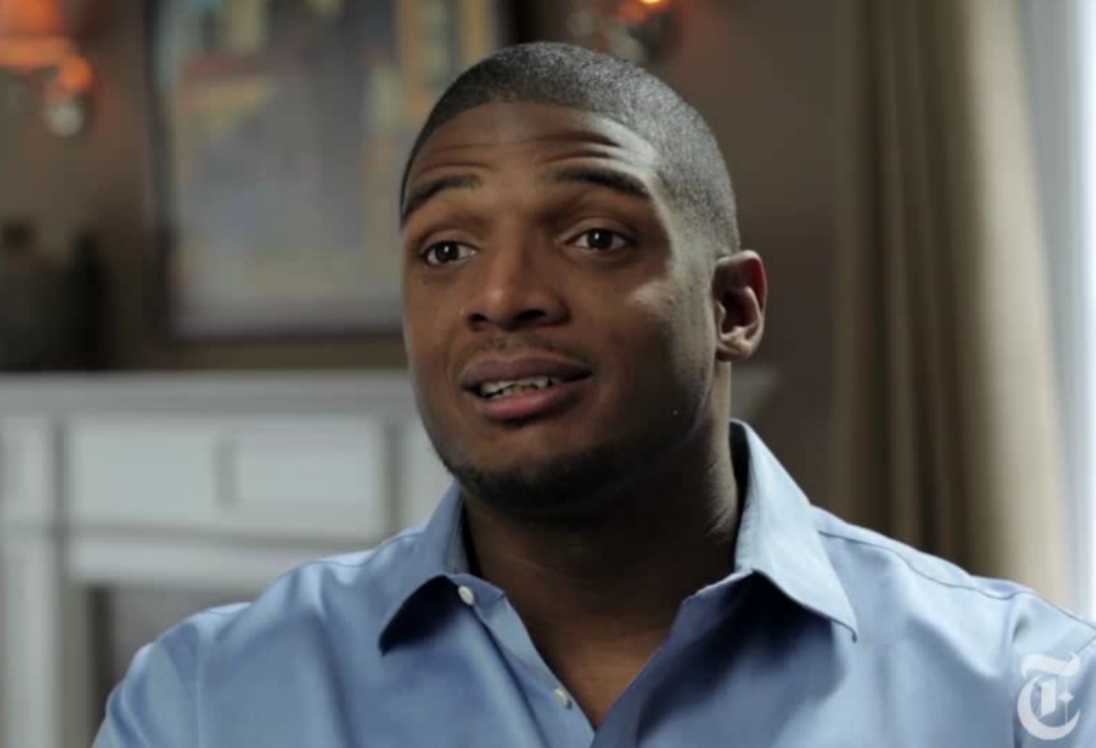I felt like I was at the first crossroads of my life as I knocked on the office door of Fulton (Missouri) High School head basketball Coach Ken Quest. I’d just received the news I’d made the school’s debate team. However, the debate team schedule was in direct conflict with basketball practices and games. As a sophomore point guard, I was eligible to play varsity ball.

To me, it was an agonizing decision. I just knew Coach Quest would feel my pain and would set about to work something out. He was totally silent as I explained my dilemma. Then he leaned forward and said, “Smitty, you probably got a real future in that debate stuff, because you sure don’t have one playing basketball. So long, and turn in your jersey!” At least I could say it was an honest reflection of what the man really felt.
The need to be honest with one’s feelings and the ramifications that come with it have invaded the world of professional sports within the past few weeks. In the cliché-ridden, over-hyped, closed-fraternity, big-money industry sports has become, the intrusion of societal issues such as racism and homosexuality can result in seismic reactions among those who play the games and those who vicariously follow the action. But it’s all part of a generations-long cleansing process of bigotry and prejudice that this nation is still undergoing.
A check of history reveals the racial rants captured by defamed former Los Angeles Clippers owner Donald Sterling are by no means the first time crude and archaic statements have been uttered by sports executives and personalities. The “Hall of Shame” in that regard has a number of infamous entries. Remember former Los Angeles Dodger General Manager Al Campanis on a 1987 edition of Nightline? Goaded by host Ted Koppel into an offhand remark, a live audience was aghast when the earnest 70-year-old said blacks didn’t have the “necessities” to be baseball managers or executives. He was fired two days later. A year after that, CBS sports analyst Jimmy “The Greek” Snyder joined Campanis in the unemployment line — fired for his statement that “blacks were bred through slavery to be better athletes.”
You don’t have to dial too far back to dredge up golfer Fuzzy Zoeller’s racist joke about Masters winner Tiger Woods serving fried chicken at the champions’ dinner. Radio shock-jock Don Imus’ feeble attempt at sports humor ended in an Al Sharpton intervention after Imus called the Rutgers women’s basketball team a bunch of “nappy-headed ho’s.”
The public purgatory these stupid men had to endure was self-inflicted and, except for the near-senile Campanis, well deserved.
Homosexuality in sports has been much more closeted. The late-round selection of openly gay University of Missouri football player Michael Sam has provided us with one memorable video clip of him and his significant other embracing and kissing after he received the draft call from the St. Louis Rams. When Sam made his sexual identity public in February, he was immediately congratulated for doing so by former NFL running back Dave Kopay.
In a 1975 Sports Illustrated cover article, published three years after his retirement, Kopay revealed he’d had an affair with another player who later died of AIDS. In a letter to Sam, Kopay advised him as to what lies ahead: “You need to bring it like you never have brought it before.”
Sam would be smart to heed Kopay’s words. There will be the initial media frenzy. There will be one news conference where he answers all their prying questions. Then the furor will die down, and he becomes a person simply trying to stay employed. We should respect his efforts.
It’s all the reflection of a society in flux. Dinosaurs like Donald Sterling still roam the earth, mired in their own ethical morass. They know their numbers are decreasing. They fear a world where intellect stares bigotry and prejudice in the face and doesn’t blink. They’re scared the good-ole-boy system of race-based locker-room myths will no longer apply to real life. They should be afraid of extinction. Yet, sometimes I still wonder if all those many years ago, Coach Quest was too hasty in accepting my jersey.
Nah — for in life as in sports, “You gotta bring it!”
 Joachim Eckel | Dreamstime.com
Joachim Eckel | Dreamstime.com 